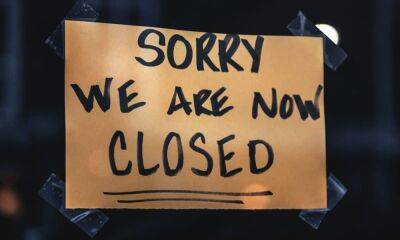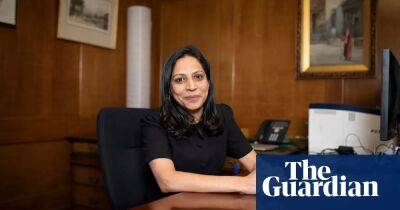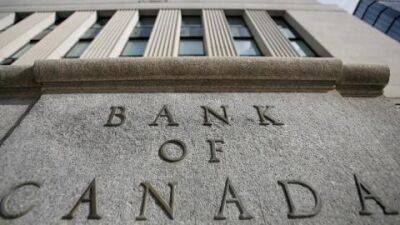‘It’s dehumanising, horrible’: the food bank volunteer living on the breadline
W hen you are on the breadline there’s always this fear at the back of your mind, says Ben. “You are constantly thinking: have I got enough to cover even the normal everyday basics? You get stuck in a cycle, living at this level of subsistence; it’s dehumanising, horrible.”
Ben, 39, is a former hospitality worker who lives in Warrington. A recovering alcoholic, he has been claiming universal credit for a year. It is hard, he says, but he reckons it is far worse for many other people: “In a sense, I’m in a fairly privileged situation,” he says.
What he means is that he is single, with no immediate dependants (he is living apart from his partner and child). He has time on his hands to search out bargains on the supermarket’s “reduce to clear” shelves. He can walk everywhere and not use the bus. “I can eat hand to mouth,” he says. “It sounds quite ‘survivalist’ I suppose.”
After paying a top up to his landlord, Recovery Homes, which is a specialist accommodation for recovering addicts, and child maintenance, Ben estimates he has £150 of his £360 a month universal credit left to cover basic living costs. It is just about do-able, he says, if you adopt a super-thrifty mindset.
“I buy staples in bulk. Let’s say I’m frugal with fruit and vegetables. Yoghurt was £1 a pot, now its £1.50, so that’s a luxury rarely indulged,” he says. Milk often feels a bit extravagant. Haircuts are tightly rationed– a £10 cut once every two months. “I haven’t had to use the food bank for a while now,” he adds cheerily.
Ben volunteers at Warrington food bank, part of the Trussell Trust network. There he sees up close the relentless stress endured by people he believes are “stuck in quicksand” and really struggling. “It’s heartbreaking to see the
Read more on theguardian.com


















